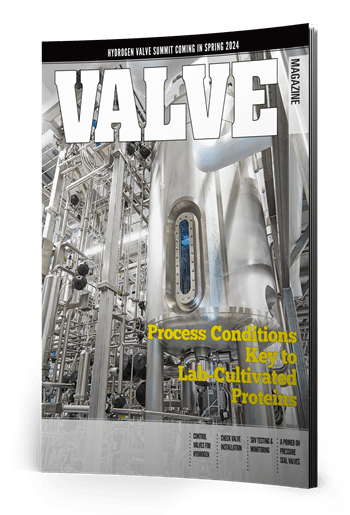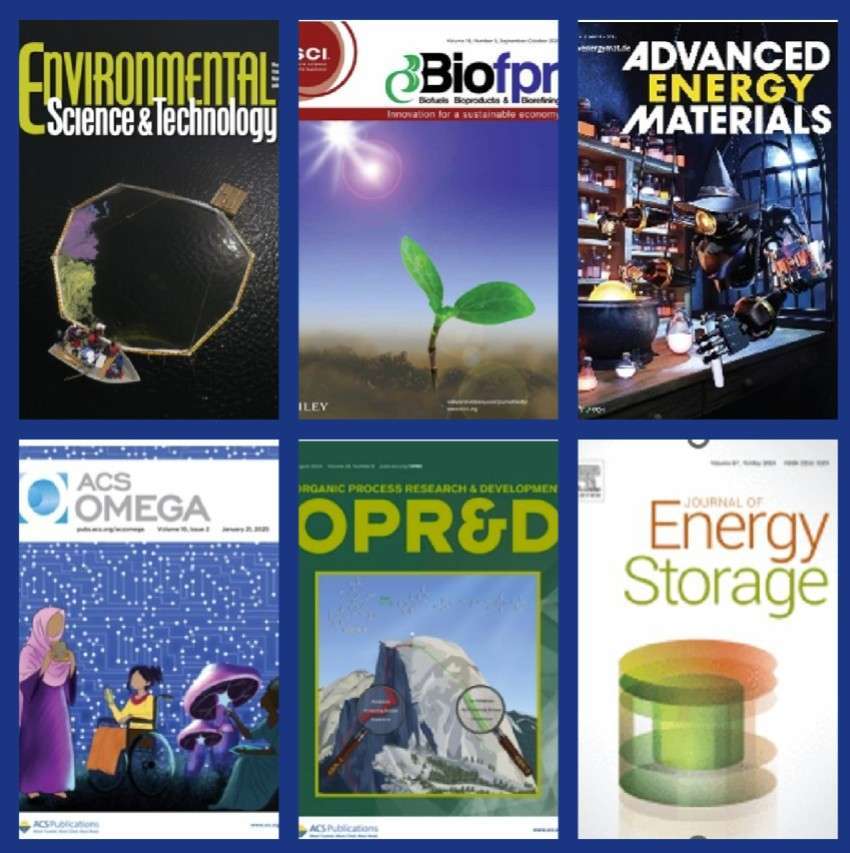Equilibar’s Diane Jacober wrote a timely cover story for Valve Magazine’s Summer 2023 issue that focuses on pressure control for the alternative protein market.
I have been following the exciting progress of alternative proteins for about a year now. It is impressive to see the field’s explosive growth, which is driven by both environmental and ethical concerns.
Earlier this summer, Upside Foods and Good Meat–the two major companies that make cell-based protein (cultivated meat)–reported that they have received approval from the US Department of Agriculture to start production in the United States.
Here in North Carolina, Believer Meats is building a 200,000-square-foot facility. The company plans to invest more than $123 million in the project. This is just one example of ambitious projects being launched around the world.
What is cultivated meat?
As Diane explains, cultivated meat is also referred to as lab-grown meat as well as cell-based protein. Unlike plant-based proteins and fermented proteins, it is a real meat protein grown from animal cells in a bioreactor. It is made using an innovative process that promises to feed more people using fewer resources than raising livestock.
The production of cultivated meat uses biotechnology that is already being used to produce medicines. The first step is to harvest cells from an animal, which is done without causing harm. The cells are grown in a bioreactor that is similar to a brewery fermenter. The growth process that would normally happen in a living animal occurs in the bioreactor to produce meat.
Not surprisingly, all parameters must be tightly controlled during the process.
While progress is happening rapidly, engineers and scientists are working to overcome significant design hurdles before the production of cultivated meat can be price competitive with conventionally farmed meat.
Pressure Control for Cultivated Meat
Diane is an experienced mechanical engineer and content creator for Equilibar. Her article discusses the topics of pressure control in perfusion reactors used for the production of meat, clean-in-place and steam-in-place processes for equipment, and tank blanketing for meat cultivator tanks. Schematics and explanations illustrate ways to use sanitary devices from Equilibar and Steriflow Valve to achieve control objectives.
Each of these processes presents unique challenges and opportunities for engineers and system designers. Moreover, they are just a few ways that valve selection can contribute toward this exciting new industry’s success. I hope you will take time to read the article in Valve Magazine. And as always feel free to contact one of our application specialists about your pressure or flow control challenge.
All the best,




